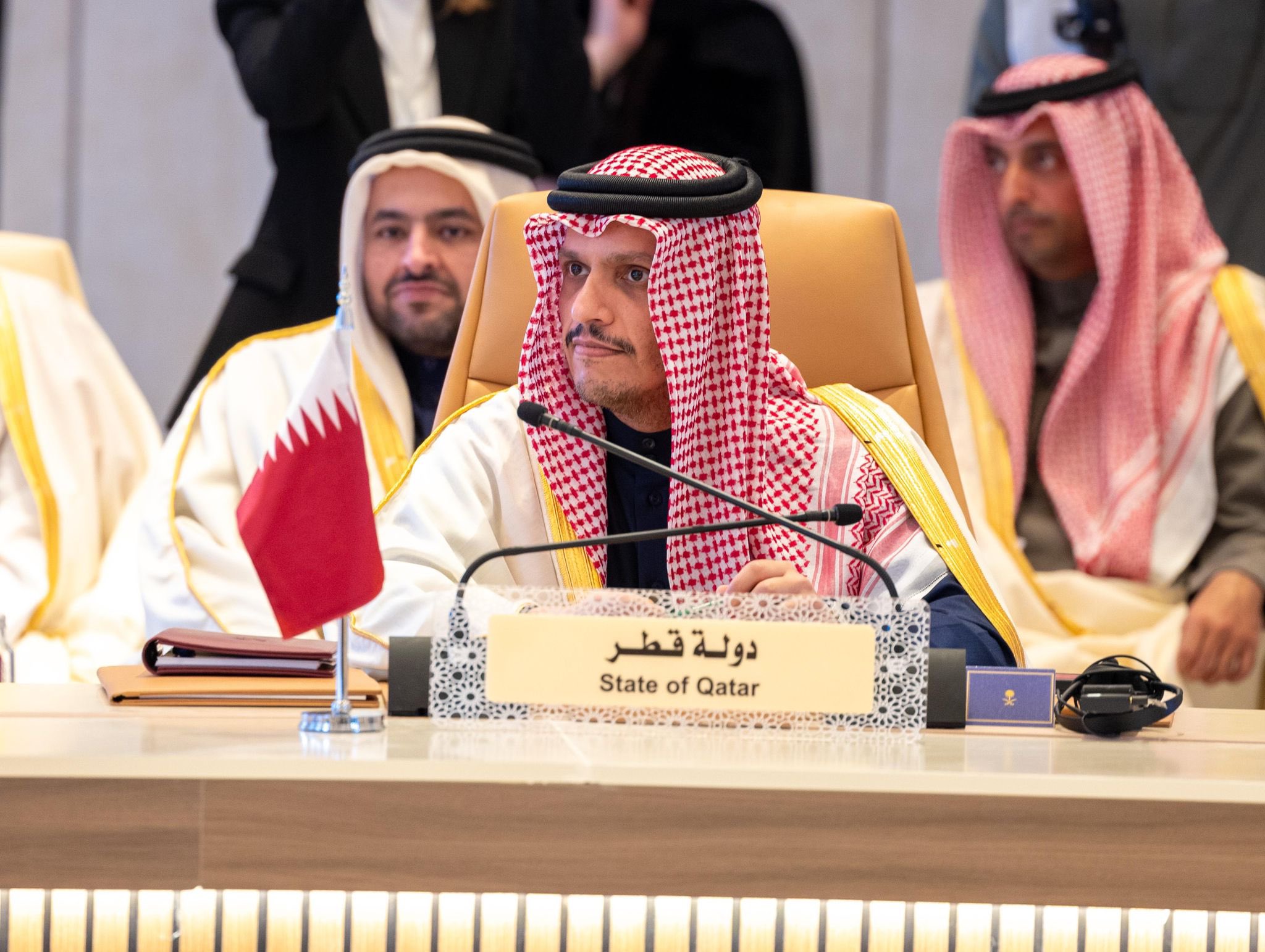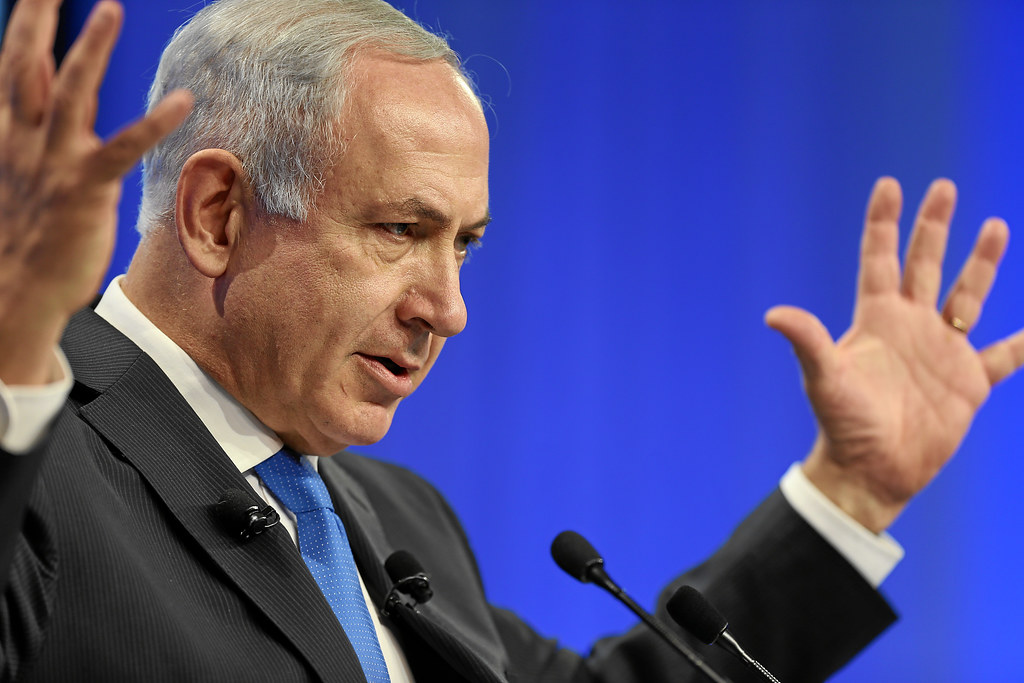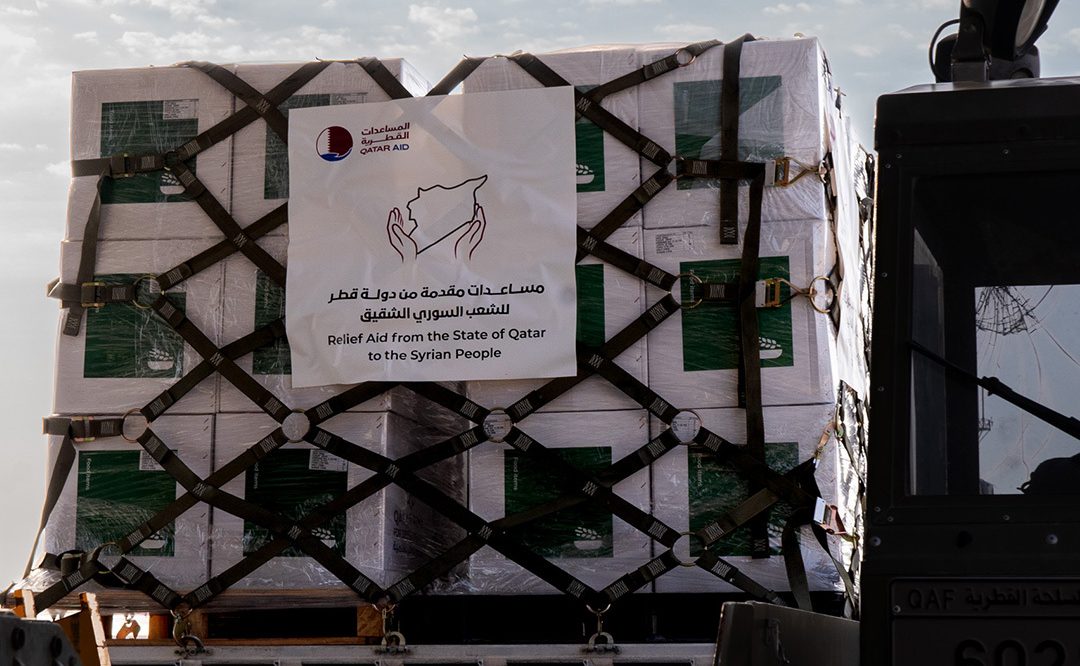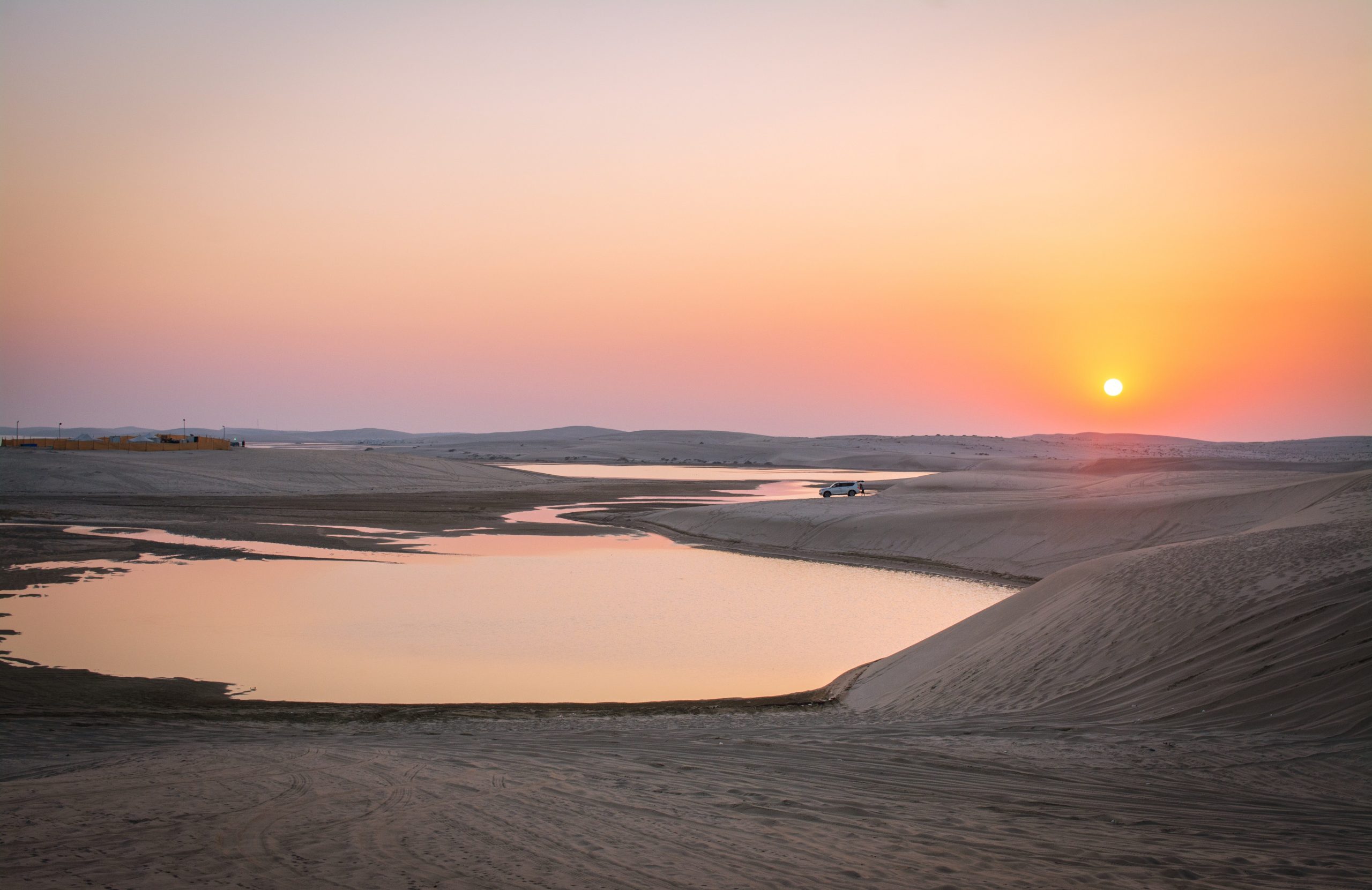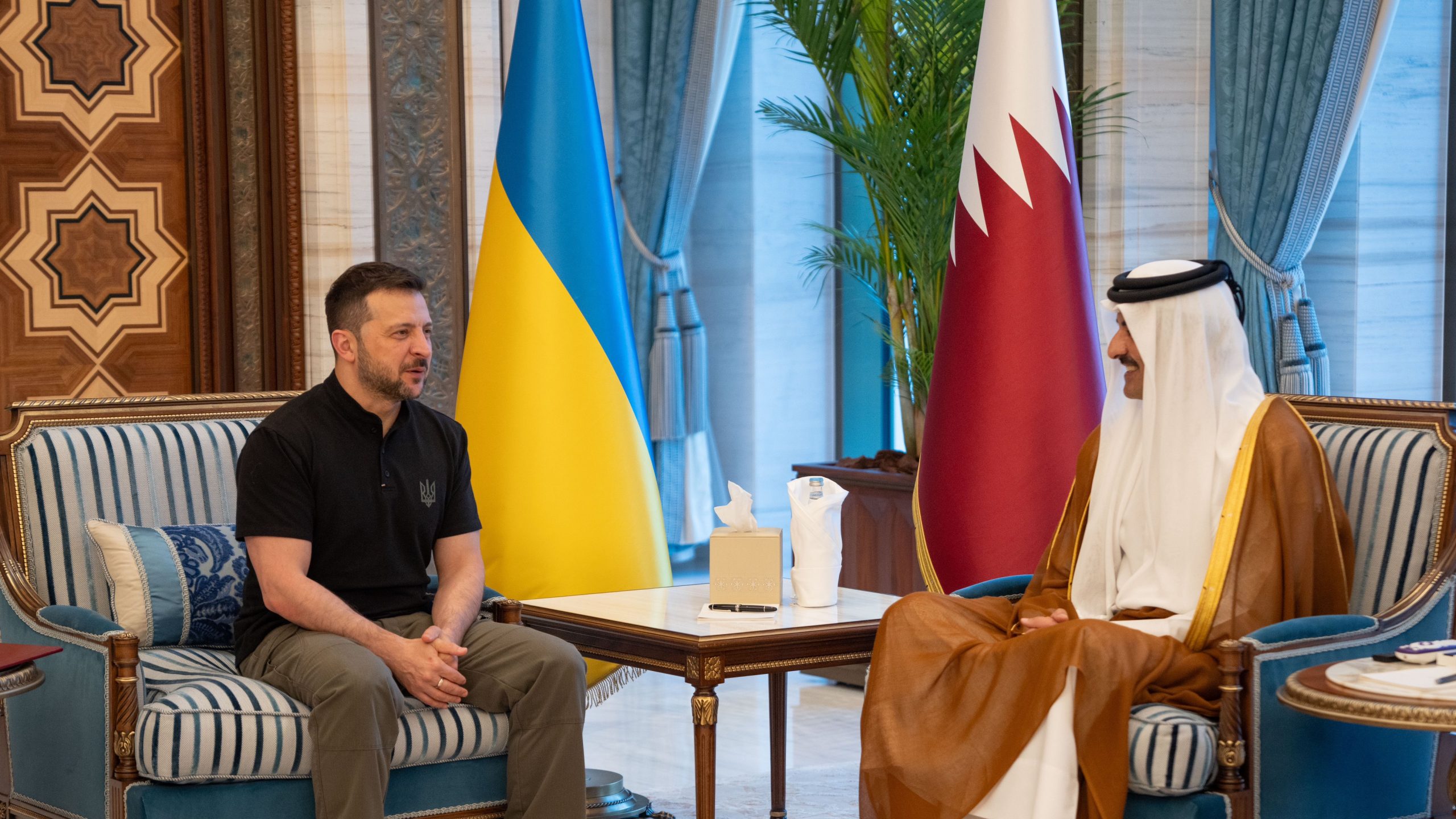Qatar has been mediating between the US and Iran in a bid to restore the 2015 nuclear accord.
In a panel at the Doha Forum 2022, former Iranian Foreign Minister Sayyid Kamal Kharrazi said that the Islamic Revolutionary Guard Corps (IRGC) is a symbol of the country’s national security.
He noted that countries who regard the paramilitary group as a threat is due to their dependence on bigger powers, including the United States, for the securement of their security.
Kharrazi emphasised the importance in the IRGC’s removal from the the US Foreign Terrorist Organisations list, which designated the military branch in April 2019 under the Donald Trump administration.
The significance of this request, for Iran, lies in IRGC’s tie to certain economic entities within the Islamic Republic. A failure to delist the Guards, will impact the Iranian economy, Kharrazi argued.
In another panel, immediately after Kharrazi’s, US envoy for Iran Robert Malley said that the nuclear deal does not target sanctions Washington imposed on the IRGC.
“The nuclear deal is not intended to, it would’ve been better, but it is not intended to address the other issues including issues related to Iran’s regional policy, issues related to other US sanctions,” he said.
The US official noted that the IRGC will remain sanctions under US law.
On Saturday, Iran’s Foreign Minister Hossein Amir-Abdollahian said that the removal of US sanctions on the IRGC are one of the issues at the nuclear talks.
“Regarding the IRGC, what is important is to acknowledge the standing and the central role of the IRGC in our security and defense. [Negotiators] relayed some messages to the US,” said Amir-Abdollahian, as quoted by Iranian media outlets.
Indirect talks in Vienna between the US and Iran aimed at restoring the 2015 nuclear accord first kicked off in April last year. Western powers from the p4+1, including the UK, France, China, Russia plus Germany, have been participating at the talks.
The first rounds of negotiations saw the establishment of two working groups. One focused on the lifting of US sanctions as the other focused on ensuring that Iran reduces its nuclear activities.
Throughout the negotiations, Iran has stressed the need to lift crippling US sanctions imposed on the country. The talks have appeared to progress earlier this year, with negotiators saying that a deal is imminent.
Qatar has been playing a key mediating role between the US and Iran per the two countries’ request. Officials in the country, including Qatar’s Foreign Minister Sheikh Mohammed bin Abdulrahman Al Thani, have repeatedly stressed the importance of restoring the JCPOA.
“We think the JCPOA is an important agreement at least to make sure no nuclear race is happening in our region, but it also would be incomplete if it is not complemented with a regional security engagement with Iran, especially with the GCC and Iran,” said Sheikh Mohammed on Saturday.
Analysts at the Doha Forum said that the back-to-back panel between Kharrazi and Malley exhibited the Gulf state’s keenness on reviving the accord.
“The Qataris would not have put former Iranian FM Kharrazi and US Envoy Rob Malley immediately after each other in the Doha Forum programme unless they wanted to see the JCPOA renewed,” tweeted Dr. Trita Parsi, Executive vice president of the Quincy Institute.
The EU’s negotiator at the talks, Enrique Mora, has travelled to Washington on Saturday with the JCPOA high on the agenda.
Follow Doha News on Twitter, Instagram, Facebook and Youtube


